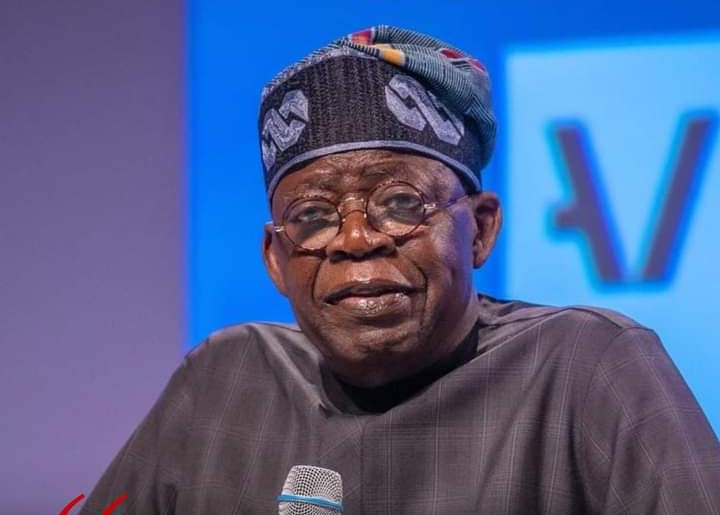The Federal Government has distributed ₦4.3 trillion in palliatives to alleviate the impact of the fuel subsidy removal on Nigerian households.
This package includes cash payments to around 18.7 million vulnerable households and the introduction of CNG-powered buses to mitigate inflation. Additionally, the palliatives encompass agricultural interventions, financial aid to manufacturers, and support for small and medium enterprises.
These measures stem from President Bola Tinubu’s commitment to easing economic hardships. After the fuel subsidy removal announcement, the World Bank warned that 7.1 million Nigerians risked falling into poverty without compensatory measures.
In response, President Tinubu’s administration initiated several palliatives. In a national broadcast on July 31, he announced ₦100 billion for 3,000 CNG buses, ₦200 billion for agriculture, ₦75 billion for manufacturers, and ₦125 billion for small businesses.
In August, each state received ₦5 billion and 180 trucks of rice to address food shortages. Additionally, the government introduced a ₦35,000 monthly wage award for federal workers for six months, costing ₦315 billion.
Furthermore, ₦75,000 was allocated for 15 million households over three months, totaling ₦1.13 trillion. The government also allocated ₦70 billion for lawmakers and extended a ₦75 billion loan facility to 1.5 million market women, bringing the total palliative effort to ₦3.27 trillion.
Recently, President Tinubu announced an additional ₦1 trillion in palliatives, including ₦540 billion for household grants, ₦155 billion for assorted foods, and ₦10 billion allocations per state for CNG buses. These measures aim to support 3.7 million families.
Presidential Adviser Bayo Onanuga emphasized the president’s commitment to providing relief, acknowledging the continued hardships despite previous interventions. Economists argue that cash palliatives are vital for mitigating the effects of the subsidy removal, especially for the less privileged, and caution against the misuse of these funds by the political class.
